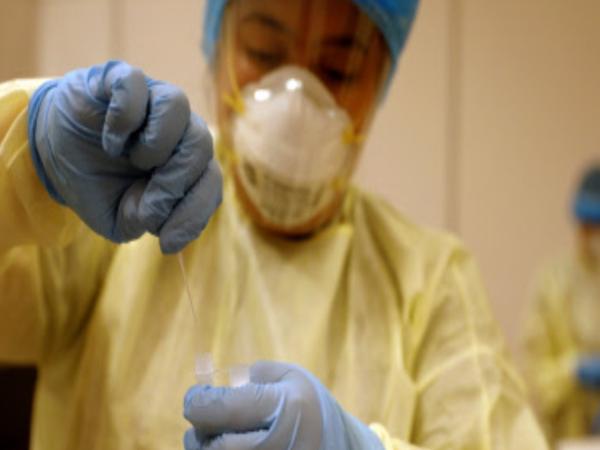T cells
T cells play a number of roles in the immune system. Prof. Rosemary Boyton, from the Faculty of Medicine, Department of Infectious Disease at Imperial College London in the United Kingdom, explains:
“T cells can play different roles. They can act as ‘killer cells,’ attacking cells which have been infected with a virus or another kind of pathogen, or they can act as ‘helper cells’ by supporting B cells to produce antibodies.”
Prof. Florian Kern, chair of Immunology at the Brighton and Sussex Medical School, U.K., spoke with Medical News Today. He explained that T cells do this by recognizing protein fragments made up of short amino acid chains, also known as peptides. Prof. Kern was not involved in the present study.

T cells also need the peptides to be bound to specialized cell surface proteins known as MHC molecules.
“In vaccinated individuals or those with a prior history of COVID-19, memory T cells will respond quickly if they encounter the same viral peptides bound to the same MHC molecules again.”
“However, if the peptides they originally recognized are no longer present in the virus as a consequence of mutations, these memory T cells could have lost their purpose. This depends on whether the mutated peptides can still be recognized by them,” said Prof. Kern.
The Omicron variant of SARS-CoV-2 has many mutations, which scientists believe help it escape neutralizing antibodies.
However, if Omicron cannot escape T cells, then they may still have a level of protection against the variant.




